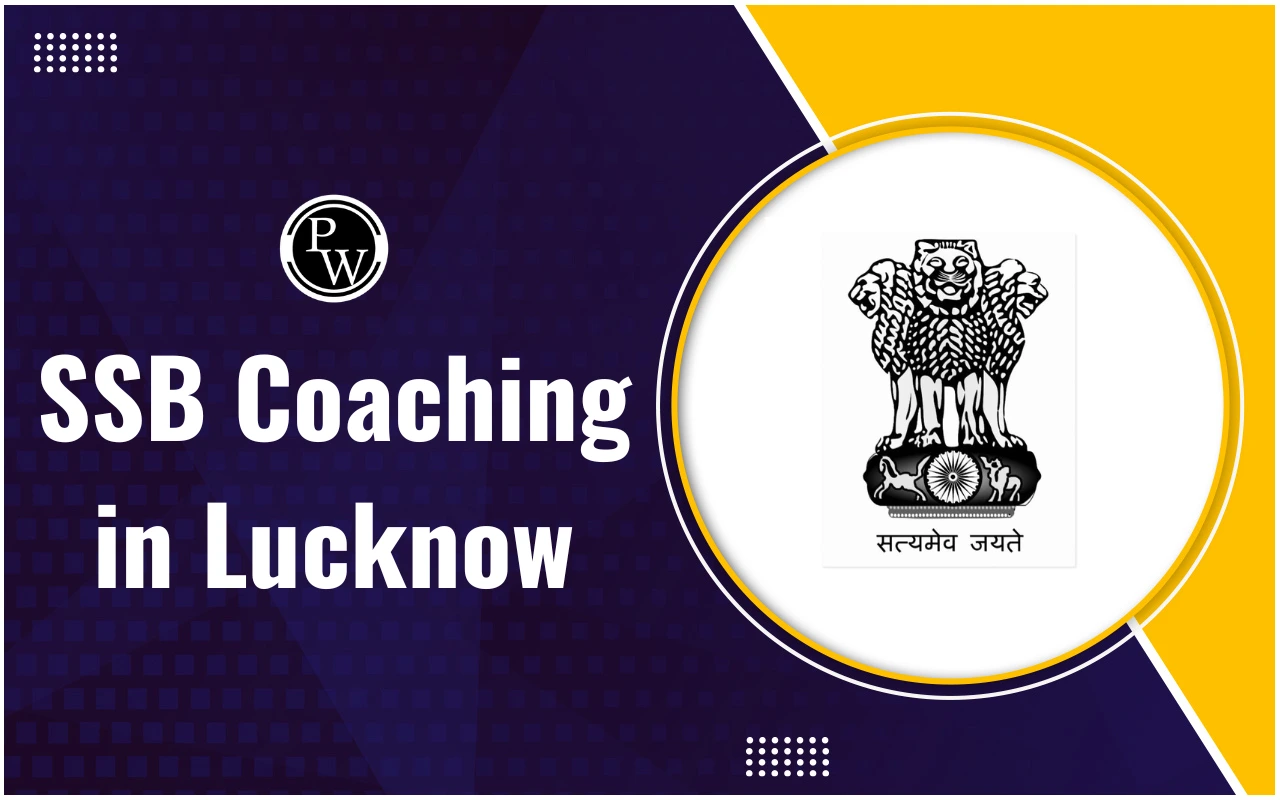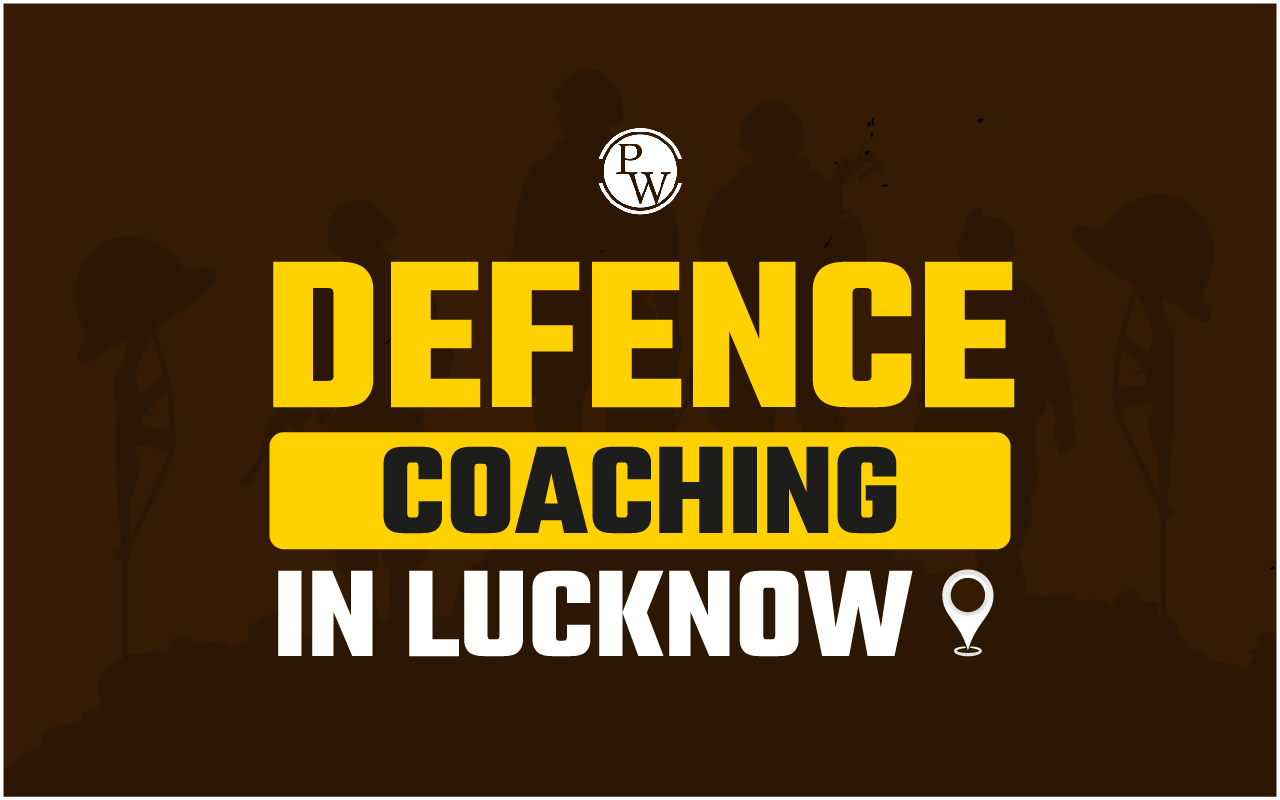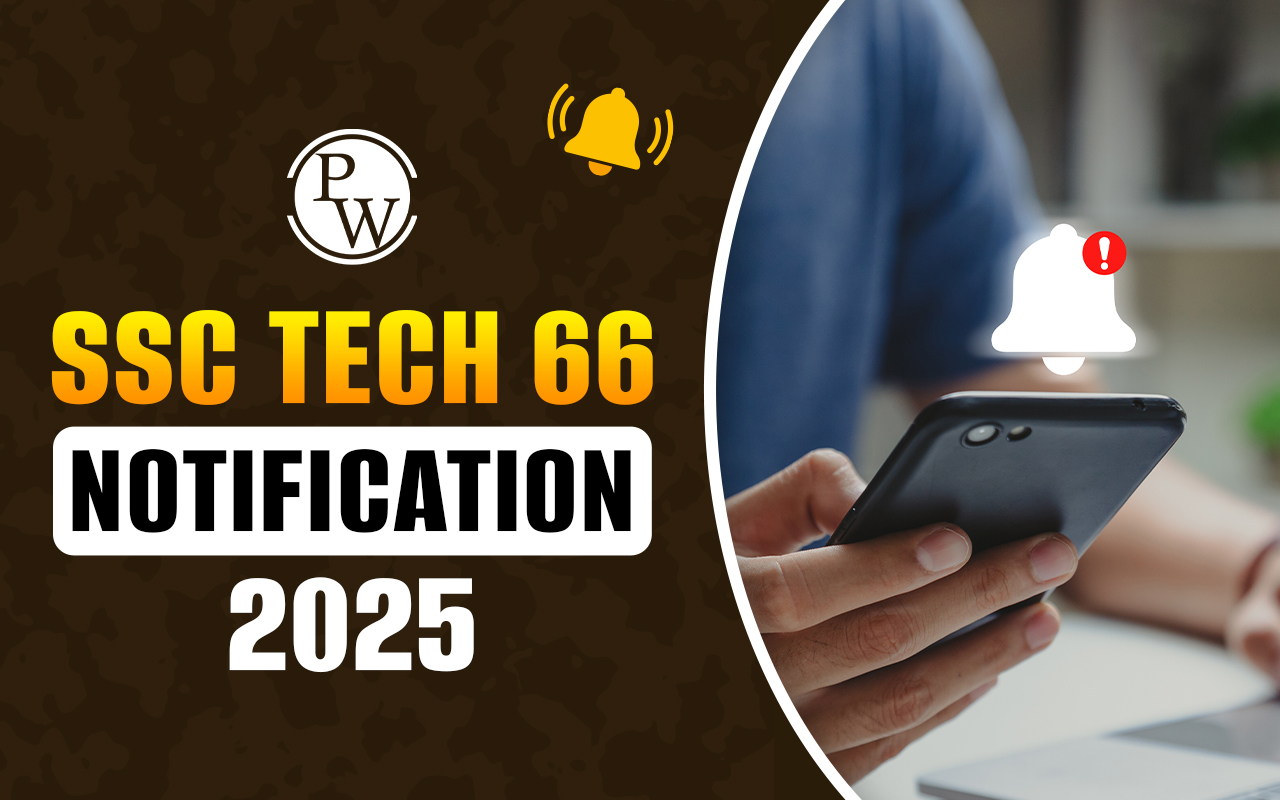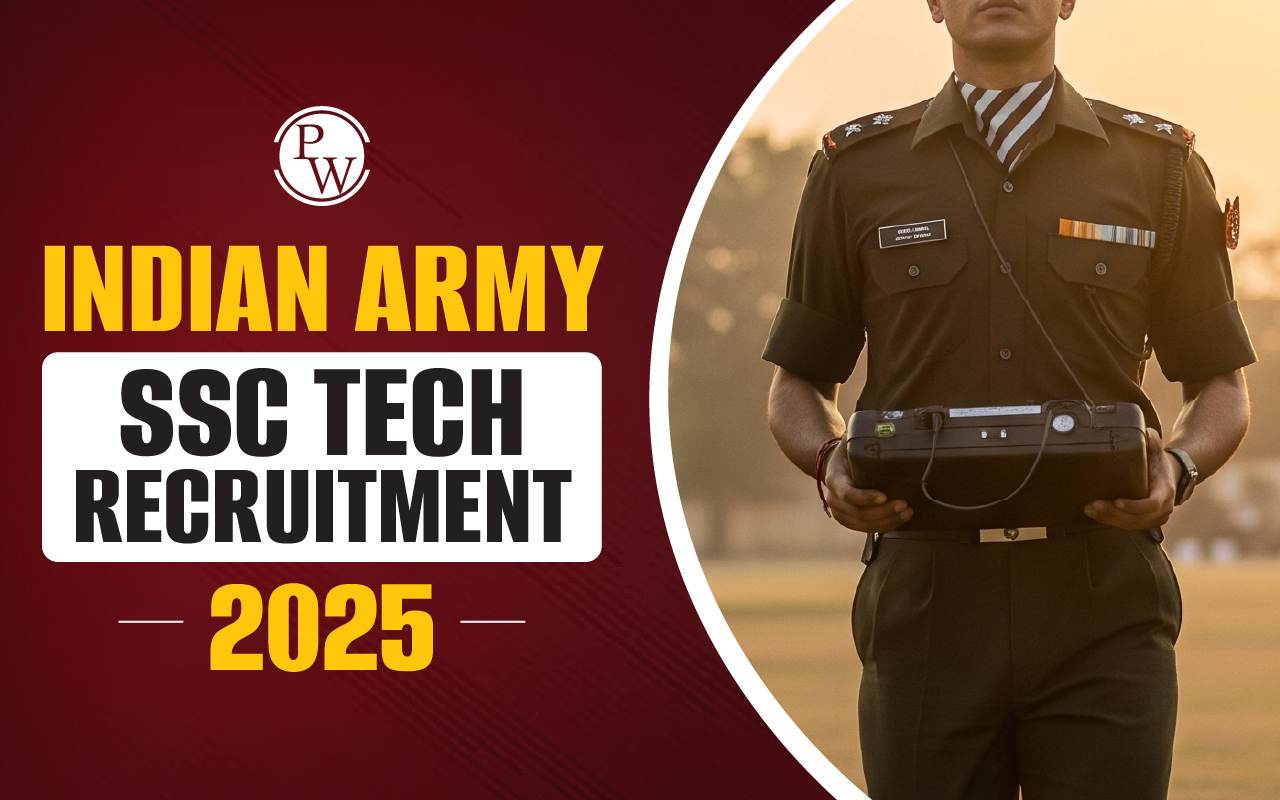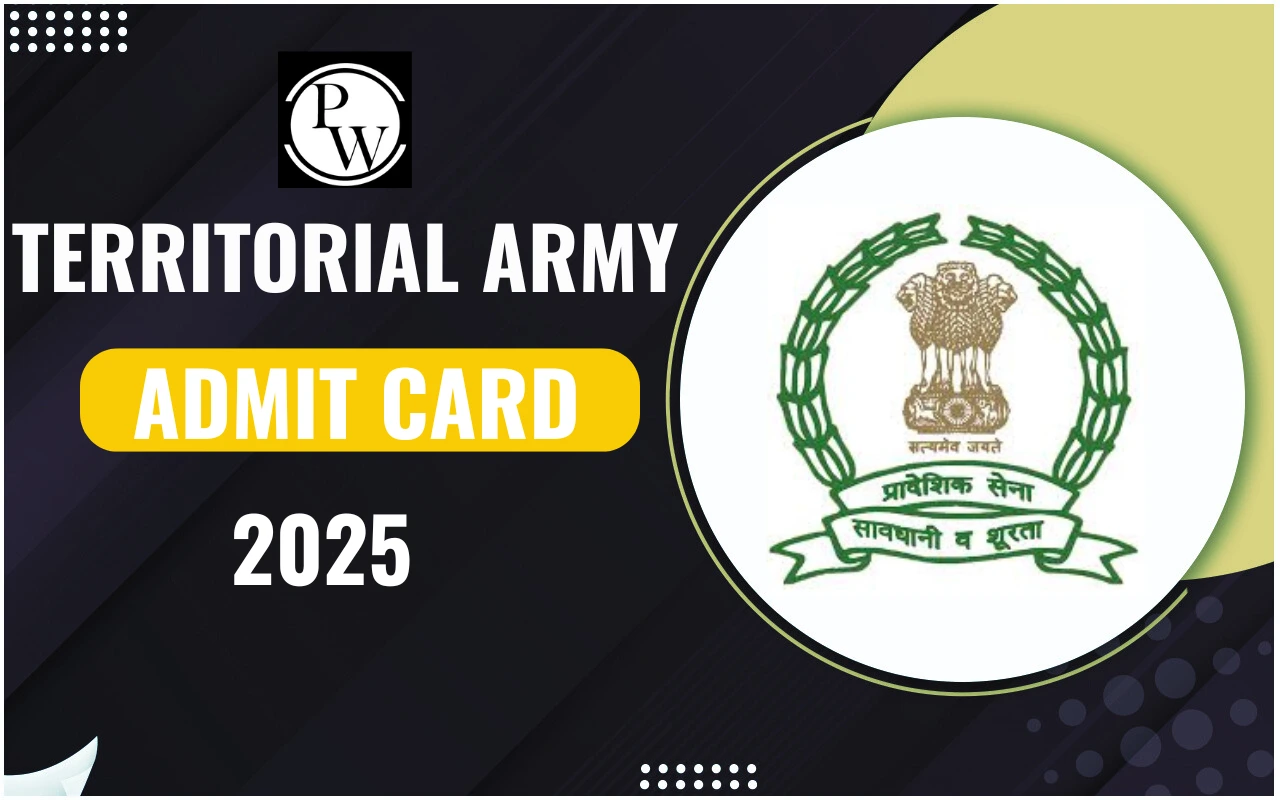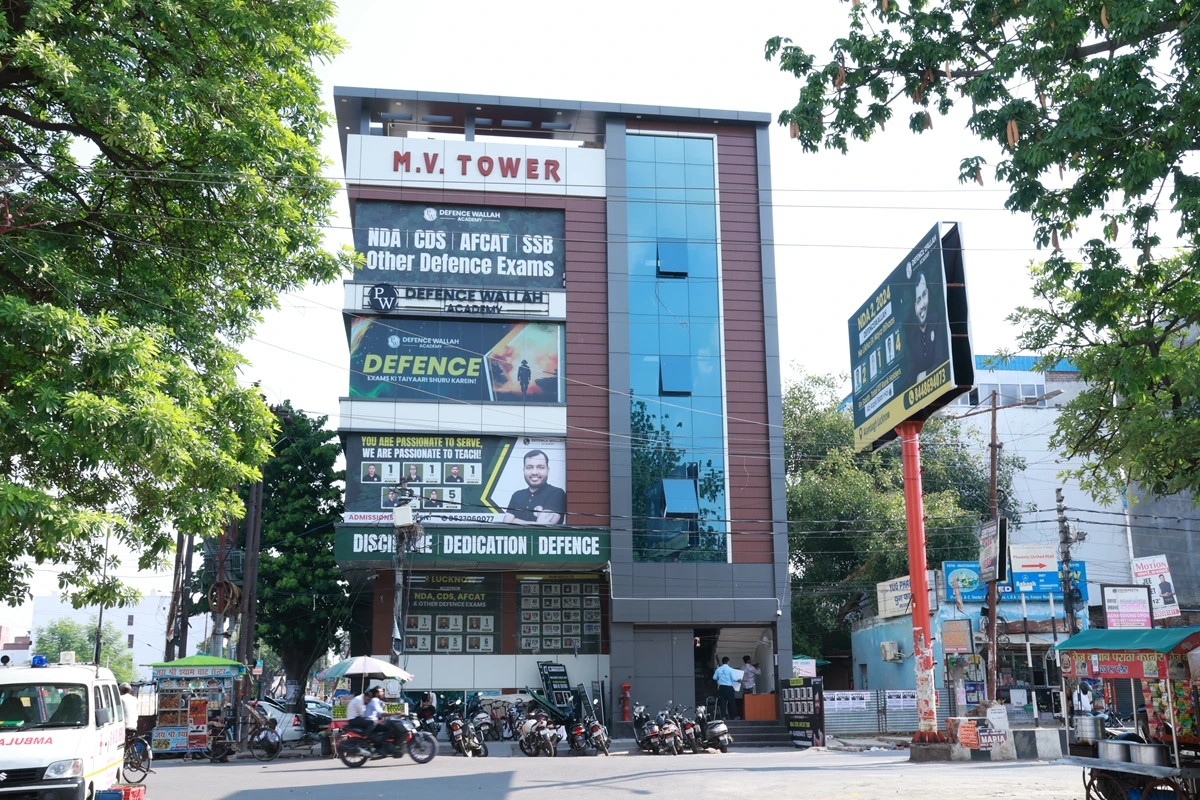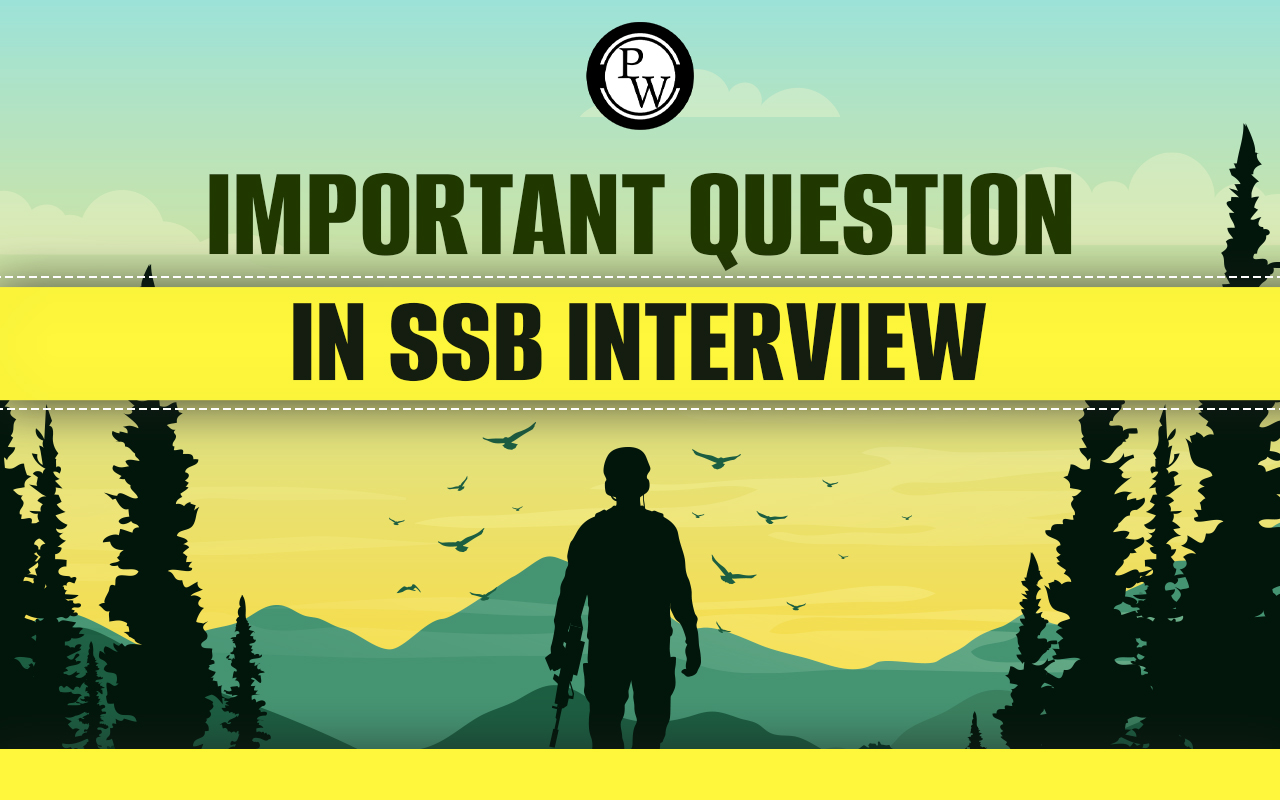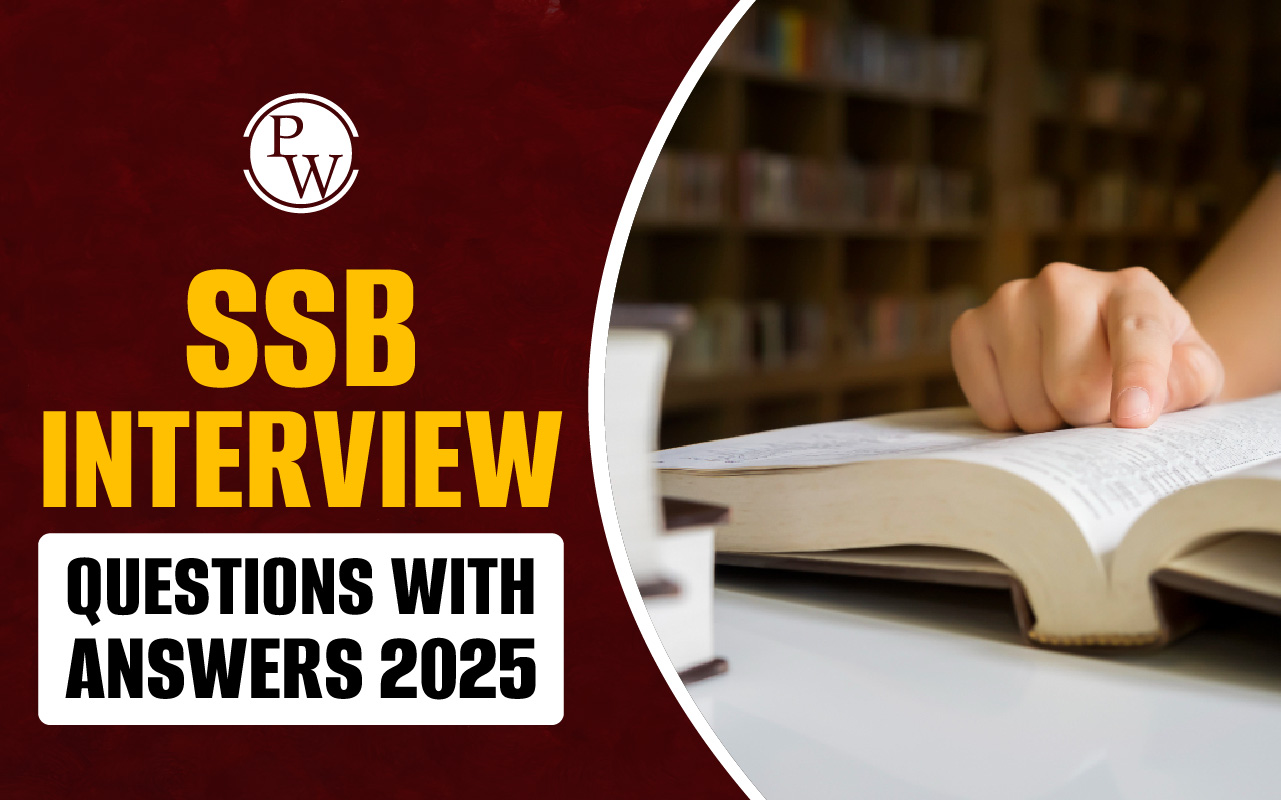
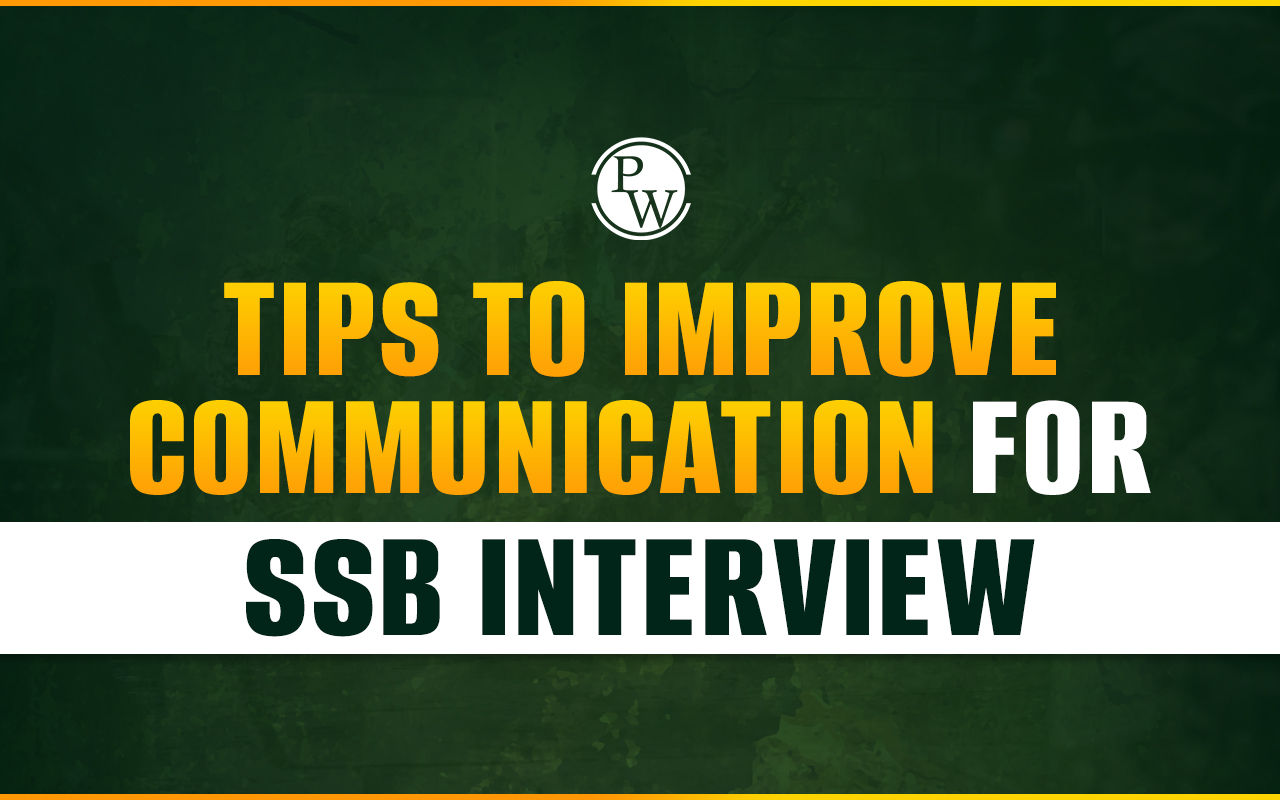
Tips to Improve Communication for SSB Interview: The Services Selection Board ( SSB ) interview is one of the most crucial stages in the selection process for aspiring candidates seeking to join the armed forces. Effective communication plays a pivotal role in clearing this challenging interview. Candidates are not only judged on their ability to express thoughts clearly but also on their confidence, articulation, and ability to connect with assessors and peers.
Here is a detailed guide on how to improve communication skills specifically for the SSB interview, ensuring you present yourself confidently and effectively.How to Prepare for SSB Interview
Why Communication is Important in the SSB Interview
The SSB interview process includes various tasks like the Personal Interview (PI), Group Discussion (GD), Lecturette, and Psychological Tests. Communication is the foundation of success in these tasks because it helps:- Convey your thoughts clearly and logically.
- Build a positive impression on assessors.
- Showcase leadership, teamwork, and interpersonal skills.
- Maintain composure under pressure.
Key Aspects of Communication for SSB Interview
To perform well in the SSB interview, focus on improving the following aspects of communication:| Aspect | Description |
|---|---|
| Clarity of Thought | The ability to convey ideas concisely and logically. |
| Confidence | Speaking with self-assurance, even under challenging circumstances. |
| Fluency | Speaking smoothly without frequent pauses or hesitation. |
| Body Language | Non-verbal communication, including gestures, posture, and eye contact. |
| Listening Skills | Active listening to understand and respond appropriately in conversations. |
| Language Proficiency | Good command over English (and Hindi where necessary). |
Tips to Improve Communication for SSB Interview
1. Enhance Vocabulary and Language Skills
Having a good vocabulary helps you articulate your thoughts better. While you don’t need to use overly complicated words, it’s essential to express yourself clearly and effectively.How to Improve:
- Read newspapers like The Hindu and magazines like India Today to learn new words and understand sentence structure.
- Maintain a journal to note down and revise new vocabulary.
- Practice writing essays on current topics to improve your written and verbal expression.
2. Practice Public Speaking
Public speaking is critical for tasks like Lecturette and Group Discussion.How to Practice:
- Speak on random topics in front of a mirror or record yourself to identify areas of improvement.
- Join public speaking clubs like Toastmasters or participate in debates to gain confidence.
- Practice delivering short speeches (3-5 minutes) on topics like national issues, current affairs, or personal experiences.
3. Develop Listening Skills
Active listening is crucial in tasks like Group Discussions, where you need to respond appropriately to others’ points.How to Improve:
- Watch debates and discussions on news channels to observe how points are structured and delivered.
- Practice summarizing what others say to ensure you’ve understood them correctly.
- Avoid interrupting others during discussions and wait for your turn to speak.
4. Work on Body Language
Non-verbal communication plays a significant role in conveying confidence and credibility.| Aspect of Body Language | Tips to Improve |
| Eye Contact | Maintain steady eye contact with assessors and peers. |
| Posture | Sit and stand upright to project confidence and attentiveness. |
| Gestures | Use natural hand movements to emphasize points, but avoid overdoing it. |
| Facial Expressions | Smile appropriately and avoid looking stressed or disinterested. |
5. Build Confidence Through Mock Practice
Confidence comes with practice and familiarity with the interview process.How to Practice:
- Conduct mock interviews with friends, mentors, or online coaching platforms to simulate the SSB environment.
- Record your mock sessions and analyze areas needing improvement.
- Learn to handle questions on personal achievements, challenges, and failures with honesty and positivity.
6. Stay Updated with Current Affairs
A sound knowledge of current affairs boosts your confidence during discussions and interviews.How to Stay Updated:
- Read newspapers, watch news channels, and follow reputable news websites daily.
- Focus on topics related to defense, national policies, international relations, and social issues.
- Practice discussing current affairs with peers to refine your articulation skills.
7. Practice Group Discussions
Group Discussions test your ability to communicate effectively in a group and showcase leadership skills.Tips for GD Success:
- Take the initiative to speak early but avoid interrupting others.
- Present your points logically and back them with facts or examples.
- Respect others’ opinions and build on their ideas to showcase teamwork.
- Maintain a calm demeanor even if the discussion gets intense.
8. Focus on Lecturette Preparation
The Lecturette task requires you to deliver a short speech on a given topic within a limited time.How to Prepare:
- Prepare on common Lecturette topics such as "Role of Women in the Armed Forces," "Technology in Modern Warfare," and "Climate Change."
- Follow the structure: Introduction, Body, Conclusion.
- Practice speaking for 3 minutes with a stopwatch to improve time management.
9. Manage Nervousness
Nervousness can hinder your ability to communicate effectively.How to Overcome Nervousness:
- Practice deep breathing techniques to stay calm.
- Focus on the content of your speech rather than worrying about others’ performance.
- Remind yourself that it’s okay to make minor mistakes; assessors value authenticity.
10. Seek Feedback and Improve
Constructive feedback helps you identify weaknesses and work on them.How to Get Feedback:
- Record your practice sessions and analyze them critically.
- Request honest feedback from mentors, friends, or family.
- Enroll in coaching sessions to receive expert guidance.
SSB-Specific Communication Preparation Plan
Here’s a structured plan to prepare for effective communication:| Activity | Frequency | Tools/Resources |
| Reading Newspapers | Daily | The Hindu, Indian Express, online news apps |
| Vocabulary Building | 10 words daily | Journals, flashcards, apps like Quizlet |
| Public Speaking Practice | 3-4 times a week | Mirror practice, recordings, Toastmasters |
| Group Discussions | Weekly | Peer groups, online forums |
| Lecturette Preparation | 2-3 topics weekly | Stopwatch, current affairs magazines |
| Mock Interviews | Bi-weekly | Friends, mentors, coaching platforms |
Common Mistakes to Avoid in SSB Communication
Effective communication is crucial during the SSB interview, but even confident candidates often make mistakes that can hinder their performance. Identifying and avoiding these common pitfalls is essential to present yourself as a competent and articulate individual.- Speaking Too Fast or Too Slow: Maintain a moderate pace to ensure clarity.
- Using Overly Complex Language: Keep your language simple and easy to understand.
- Interrupting Others in GD: Respect others’ points and wait for your turn.
- Lack of Preparation: Prepare thoroughly on common topics and personal background.
- Monotone Delivery: Use variations in tone to keep the listener engaged.
Tips to Improve Communication for SSB Interview FAQs
Q1. Why is communication important in the SSB interview?
Q2. How can I improve my fluency in English for the SSB interview?
Q3. What are the best ways to practice public speaking?
Q4. How can I stay calm and confident during the SSB tasks?
Q5. What resources can I use to improve my vocabulary and language skills?

